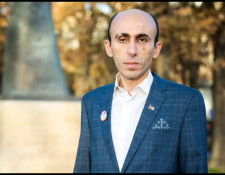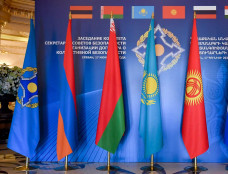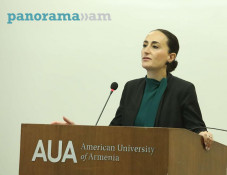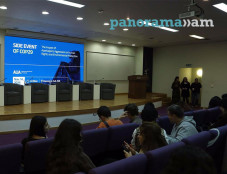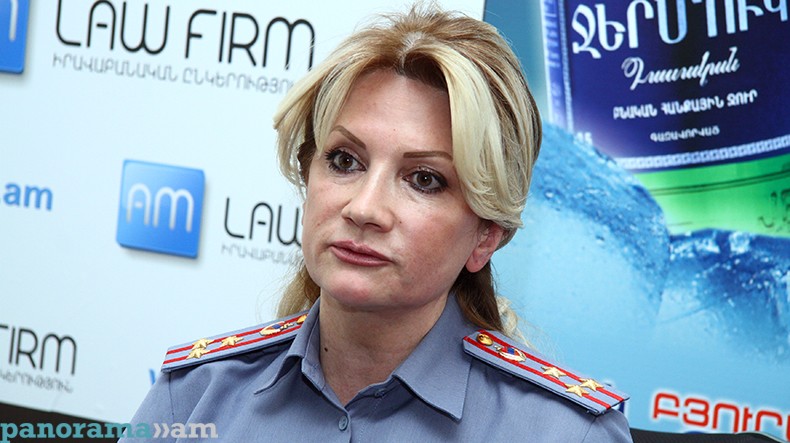
In 9 cases out of 10, parents push their children to beg in streets, Police Colonel says
An increase has been recorded in the number of beggars in Armenia during the first trimester of this year, Police Colonel, Nelli Duryan said during a press conference.
Nelli Duryan said that all children begging on the streets are all attending school. They start their ‘job’ after the classes.
“This issue has been discussed. We’ve have started a complex work with the Municipality of Yerevan, as most of the cases had been recorded in the city,” she noted.
According to Duryan, cases of begging on the streets have also been recorded in Vanadzor, Gyumri. There are some provinces such as Vayots Dzor, where there are almost no beggar children.
“In this respect, I highlight the importance of the community’s attention. It’s important for the communities to understand that these are their children and they are responsible for each of them,” she added.
Duryan disagreed with the statement concerning the reason for begging on the streets being connected with social problems.
“I don’t share this opinion. This way we’re insulting those families in difficult social conditions, where children don’t beg for money on the streets. The role of the parents is very important. In 9 cases out of 10, we discovered that it’s the parents who push children to go begging on the streets. In these cases, we’re having trouble working with children, because the parent doesn’t stand with us,” she said.
Nelli Duryan also spoke about a woman in Stepanakert who has a house, yet prefers to come to Yerevan to beg for money on the streets. The woman was offered a job which she declined.
“There are a lot of cases when the parents decline our job offers. According to them, begging on the streets is an easier way to earn money,” she added asking everyone to immediately report to the corresponding organizations, the police when spotting beggar children.
Executive Director of Armenia’s Child Protection Network, Mira Antonyan, who was also present during the press conference, highlighted the importance of the community’s approach. “Every time you pass and give a beggar money, because they need to eat, you encourage their ‘desire’ of staying on the streets. When you see a child beggar rather than giving them money and forgetting about them, you need to apply to the corresponding bodies”.
Nelli Duryan also added that during the first four months of this year 34 cases of juvenile sexual freedom violations have been recorded. “The cases mainly involve sexual abuse of juveniles under 16. The majority of such cases ends in marriage. These cases are mainly recorded in Gegharkunik and Shirak provinces”.
Newsfeed
Videos






